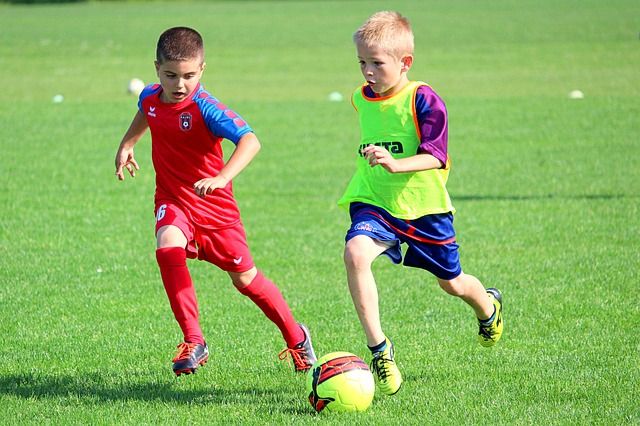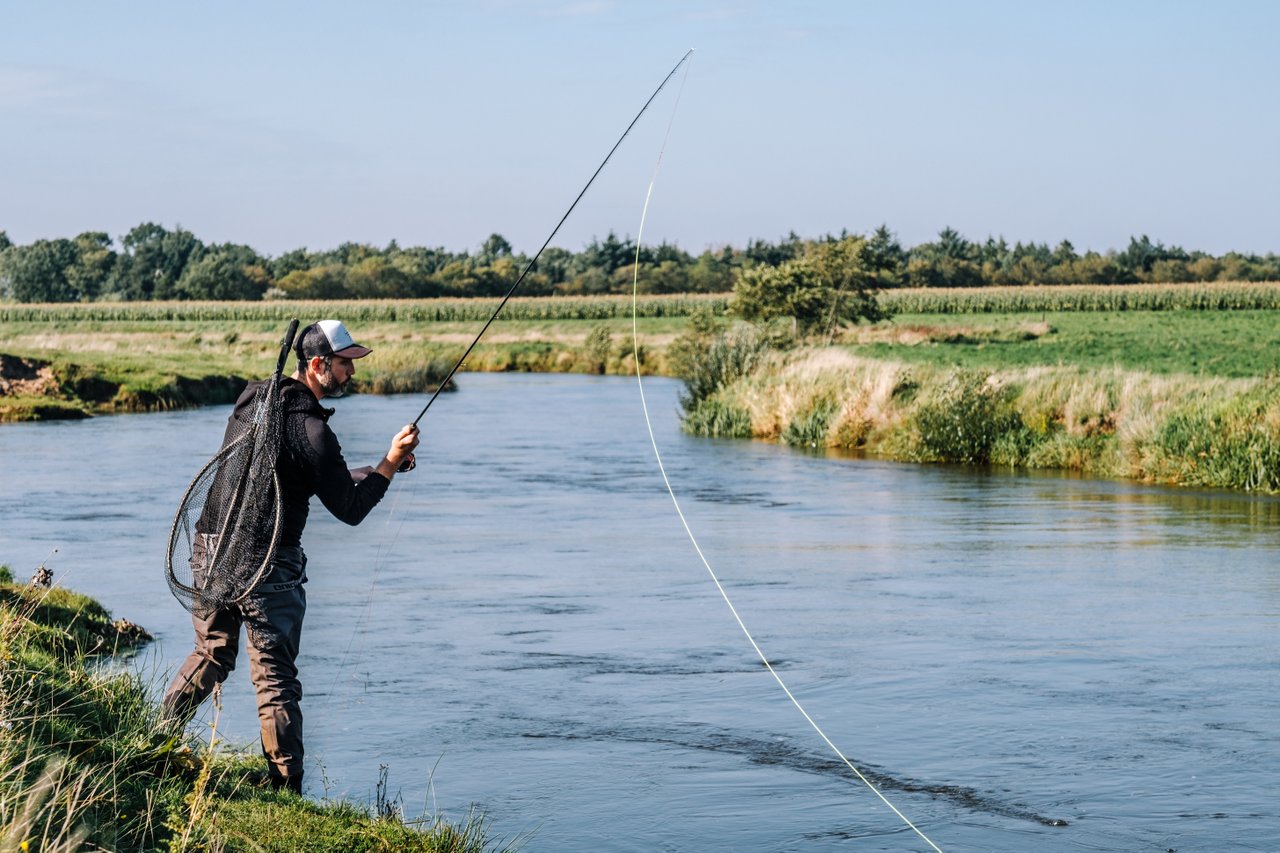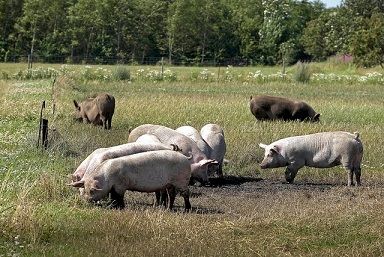Meet Andreas and Oliver.
They’re both 15 and aiming for football careers. But one of them has an advantage that the other does not … he is born in the first half of the year.
The phenomenon, known as Relative Age Effect (RAE), describes the effect that the month of birth has on achievement and it seems to be becoming more pronounced in Danish football.
If you look at the Danish boys under-16 team, not a single player is born in the second half of the year: 14 are born in the first quarter and eight in the second.
The ratio is not as definitive on other youth teams, but it is trending in that direction with 76.6 percent of players on Denmark’s youth teams being born in the first half of the year.
Indeed, almost half (45.3 percent) are born in the first quarter of the year.
The development is down to children born early in the year being more physically and cognitively ahead of their peers born later in the year and thus identified early on as being more talented.
READ ALSO: The Bee’s Knees: Eriksen back in the Premier League
It starts very early
A new report from Aalborg University has shed light on the issue, revealing that there is a visible RAE among kids aged 9-14 when it comes to picking players for elite football teams – from clubs and talent centres to national teams.
Its latest report also found that RAE was rearing its head at an even earlier age than previously thought.
“We can now see that Relative Age Effect already impacts 2 to 3-year-olds who play football,” Niels Nygaard Rossing, one of the researchers behind the report, told TV2 News.
Rossing went on to underline that RAE is a manifestation of an unhealthy culture that can ultimately impact society as a whole.
He contends that it becomes a societal problem that there is a culture that fosters unequal participation – where there isn’t room for everyone,
“It’s a huge problem and the question is if it’s bigger than just football. For instance, is it the same in handball? We imagine so, because we have data that suggests there is inequality across the board down to ten years old,” he said.
READ ALSO: FANtastic Copenhagen has some of the best ultras
Bagging the late bloomers
The research project on RAE was conducted with support from DBU, as it is a problem the national football association wants to address.
In 2013, DBU launched its ‘future national team’, which is made up of talented players who have been unable to make it on youth national teams due to being smaller or late bloomers compared to others in their age group.
One of the players who was in one of DBU’s first ‘future national teams’ was Mikkel Damsgaard, who scored against England in the 2020 Euro semi-final last summer.
“Some studies indicate that these players born in the fourth quarter of the year can be as good, if not better, than those born in the first quarter, if they are let into the academies,” said Rossing.












